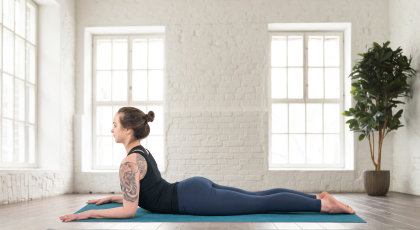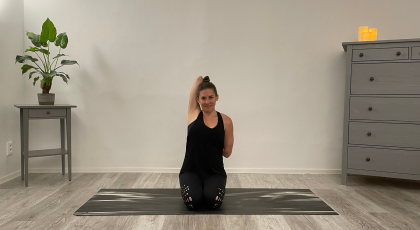View basket (0 items $0.00)
Error message
- Notice: unserialize(): Error at offset 5 of 154 bytes in variable_initialize() (line 1202 of /home/dh_6hcdc2/yogau.online/docroot/includes/bootstrap.inc).
- The file could not be created.
- The file could not be created.

Best Lifestyle Factors to Manage Insulin-Insensitive Diabetes
According to experts, over 90% of diabetics suffer from “insulin insensitivity,” meaning, they already have the insulin their bodies need, they just don’t have the ability to use it properly. As a result, their blood sugar levels remain sky high and they are forced to deal with diabetic symptoms.
However, according to Dr. Gabe Mirkin, insulin-insensitive diabetes is curable through some simple, yet vital lifestyle changes, the most important of which is vigorous exercise.
In a study published by the European Journal of Internal Medicine, October 2010, researchers found that improvements in insulin insensitivity in diabetics were directly correlated with exercise intensity levels. The study tested 22 insulin-insensitive diabetic women using an HBA1C blood test to measure diabetic cell damage. Researchers found that the more vigorously the participants exercised, the better their HBA1C scores and diabetic symptoms. In other words, the harder the insulin-insensitive diabetics exercised, the better their bodies responded to insulin.
In addition to vigorous exercise, Dr. Mirkin also recommends avoiding red meat, avoiding refined carbohydrates when not exercising, loosing body fat and building muscle (loosing weight in general), and eating plenty of fruits and vegetables. A healthy vegetarian diet can greatly contribute to the improvement of insulin-insensitive diabetes. Dr. Mirkin also suggests maintaining a vitamin D3 blood level above 75 nmol/L.
Adopting these lifestyle changes can help insulin-insensitive diabetics recover from diabetic symptoms and reclaim their health. Of course, it is important to note that while intense exercise is the most vital factor for overcoming insulin insensitivity, you should check with your doctor before beginning any vigorous activity program. High-level exercise can trigger heart attacks in those with blocked arteries, so consult with your physician before adopting a major change in your lifestyle.
Featured Courses








